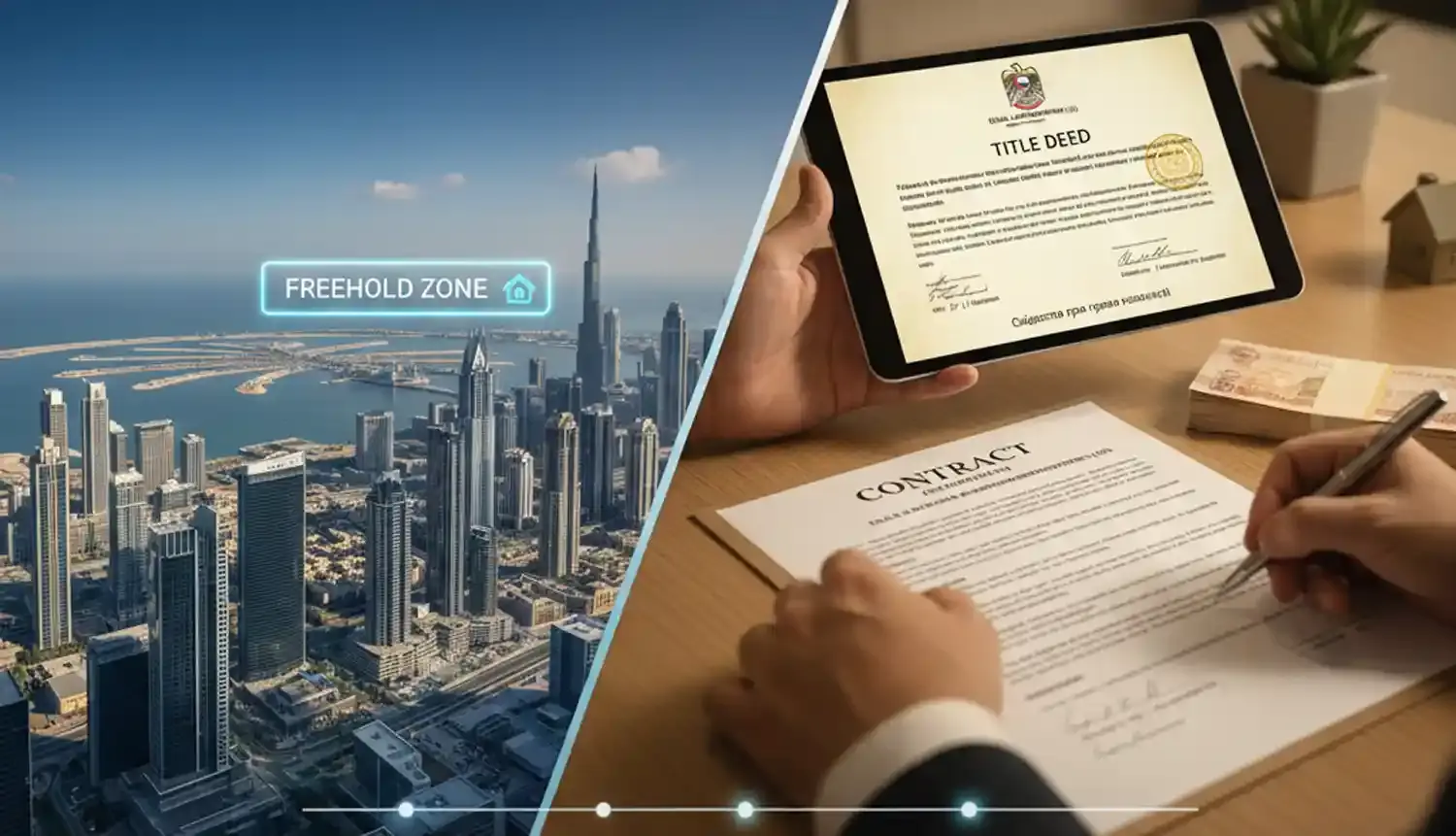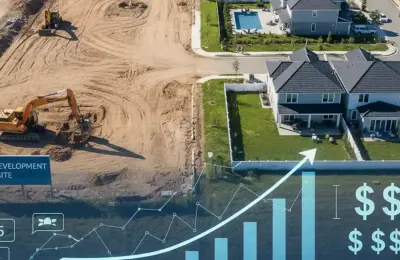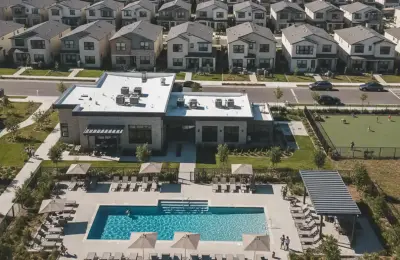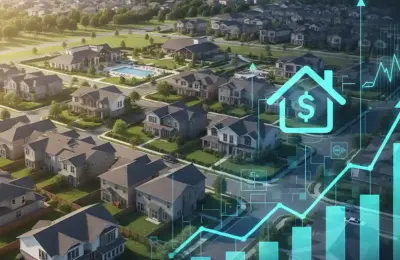
Step-by-Step Guide: How Non-Residents Can Buy Property in Dubai

Dreaming of an investment or a place of your own in dazzling Dubai? Purchasing real estate in the United Arab Emirates attracts foreigners with its high profitability, absence of property taxes, and the potential to obtain a resident visa.
This SEO-optimized article provides a detailed step-by-step guide for non-residents planning to buy property in Dubai.
🔑 Step 1: Defining Goal, Budget, and Selecting the Property
Before starting the process, it's crucial to clearly understand your needs:
Purpose of Purchase: Is it an investment (rental income, resale) or personal residence?
Budget: Include not only the property cost but also associated expenses (fees, commissions, annual charges).
Financing: Do you need a mortgage? Non-residents can obtain mortgages from local banks, but the requirements will be stricter.
Property and Area Selection:
Freehold Zones: Non-residents can only purchase property in specially designated "Freehold Zones," where ownership rights are full.
Property Type: New Development (Off-Plan) or Secondary Market (Ready Property). Off-plan projects often offer advantageous payment plans.
Market Research: Compare prices, developers, and potential rental yields in different areas (e.g., Dubai Marina, Downtown Dubai, Jumeirah Village Circle).
Tip: Choose a reliable, licensed real estate agent who specializes in working with non-residents.
Step 2: Signing the Initial Agreement and Paying the Deposit
Once the property is chosen, the legal procedure begins:
New Development (Off-Plan):
You reserve the unit by signing a Reservation Agreement.
You pay a deposit (usually 5-10% of the cost) directly to the developer.
You sign the Sales Purchase Agreement (SPA), which specifies the payment schedule.
Secondary Market (Ready Property):
A Memorandum of Understanding (MOU), or Form F (Contract F), is signed, valid for up to 30 days.
Deposit: The buyer pays a security deposit (typically 10% of the value), which is held by an Escrow Agent and returned upon completion of the transaction, provided the buyer fulfills their obligations.
Step 3: Obtaining the No Objection Certificate (NOC)
This is a mandatory step when purchasing in the secondary market:
NOC Certificate (No Objection Certificate): The seller must obtain this document from the developer or the community management company.
Purpose: The NOC confirms that:
All utility bills and annual service charges have been paid.
The developer has no objection to the sale of the property.
Process: This can take from a few days to a week. The buyer usually reimburses the seller for the cost of obtaining the NOC.
Step 4: Final Payment and Title Registration
This is the key stage of the transaction, taking place at the office of the Dubai Land Department (DLD) or a specialized Registration Trustee office:
Transfer of Title: The buyer transfers or pays the seller the remaining balance (100% of the value). This may occur through an Escrow account for security.
Payment of DLD Fees: The buyer pays the DLD registration fee, which is 4% of the property value. Additionally, administrative and fixed registration fees are paid (around 540 – 4000 AED depending on the value).
Receiving the Title Deed: After the final settlement and payment of all fees, the DLD registers the transaction. You receive the official electronic document – the Title Deed, confirming you as the legal owner of the property.
Step 5: Post-Completion Steps and Resident Visa
Upon successful completion of the transaction, you need to:
Utilities: Register accounts in your name with DEWA (electricity and water), and arrange for internet and gas connection (if necessary).
Resident Visa (Optional): Purchasing property grants the foreigner the right to apply for a UAE Residence Visa for themselves and their family:
Investor Visa: Issued for property purchases valued from 750,000 AED.
Golden Visa: Issued for property purchases valued from 2,000,000 AED.
Additional Costs to Consider
In addition to the property price, a non-resident must be prepared for the following expenses:
| Expense | Approximate Size | Description |
|---|---|---|
| DLD Fee | 4% of the value | Payment to the Land Department for registration. |
| Agent's Commission | 2% of the value | Standard commission for agency services. |
| Fixed Fees | 540 – 4000 AED | Administrative and registration fees. |
| Annual Fee (Service Charge) | Varies by area | Fee for the maintenance of the building and common areas. |
🔎 Conclusion
Buying property in Dubai is a transparent and secure process, especially compared to many other countries, thanks to clear regulation by the DLD. The main thing is to carefully select a property in a Freehold Zone and utilize the services of a qualified lawyer or agent to avoid mistakes and ensure a quick issuance of your Title Deed.
News insight
 Nov 18, 2025
Nov 18, 2025
Property Developer Earnings in the US Market: A Comprehensive Overview
Explore how US property developers earn money. Learn about profit margins (Residential vs. Commercia...
 Nov 18, 2025
Nov 18, 2025
What Is a Build-to-Rent (BTR) Development?
Discover what a Build-to-Rent (BTR) development is. Learn about this growing real estate model, its...
 Nov 17, 2025
Nov 17, 2025
Build-to-Rent: Transforming America's Housing Landscape
Explore how the Build-to-Rent (BTR) model is transforming the US housing market. Learn why instituti...
